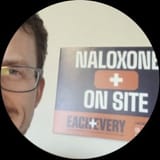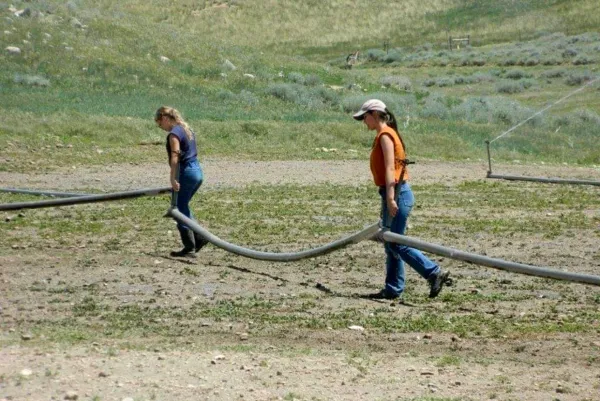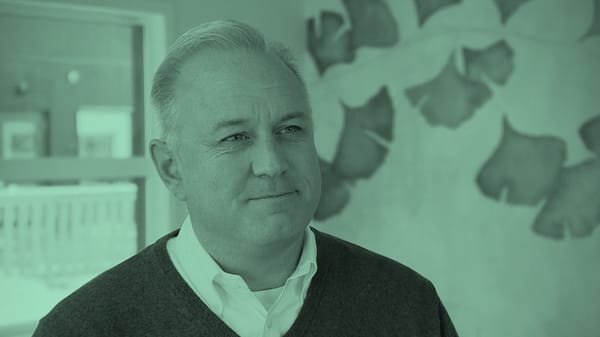Recovery Capitalists 3: Controlling the conversation
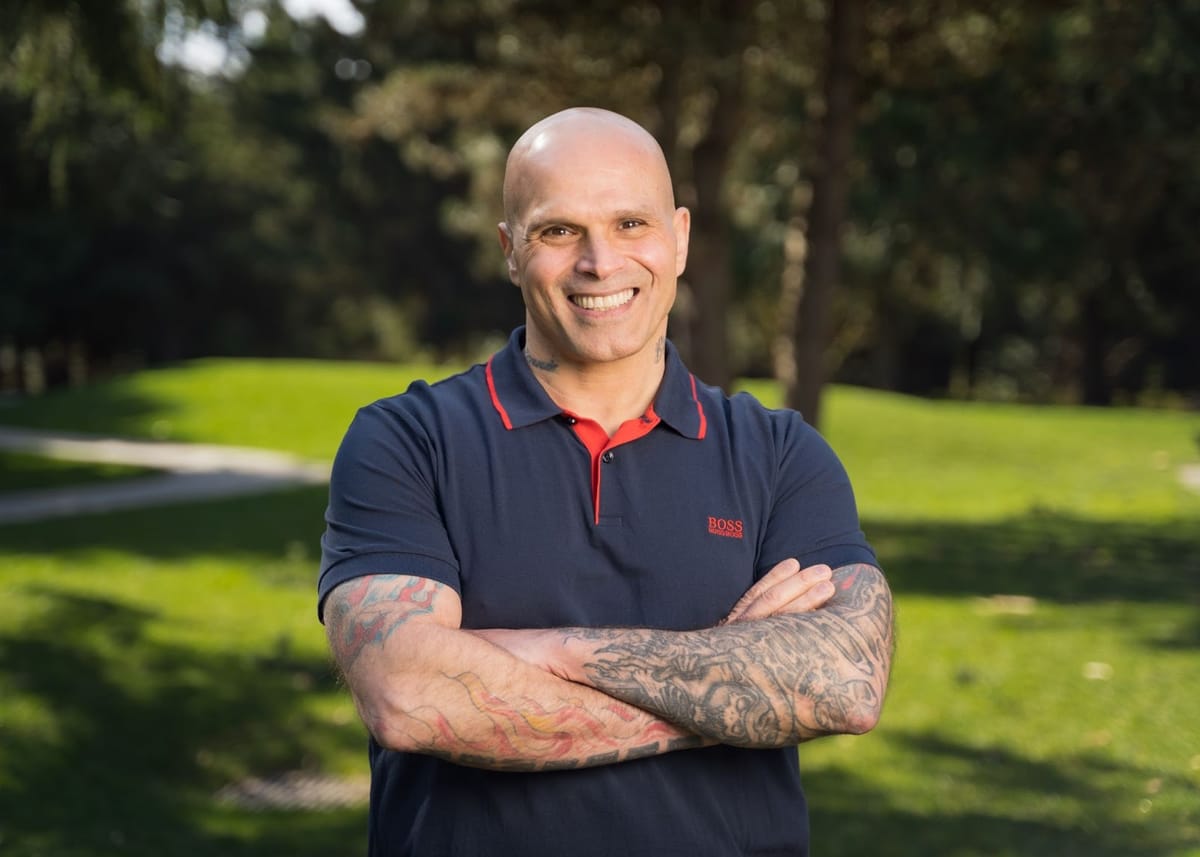
Recovery Capital Conference has informed world-renowned recovery and harm reduction advocate Guy Felicella that he is not welcome at this year's conference.
The move fits the Alberta government's pattern of controlling public drug policy discourse and stifling dissent against its abstinence-only strategy.
Guy Felicella is a leading recovery advocate. He also does a lot to support harm reduction, given his personal history of supervised consumption site use that he credits with his survival to long-term abstinence.
On March 30, Felicella received a message from Last Door Recovery Society informing him he was not welcome at Recovery Capital Conference.
The rationale? That Felicella's presentation at a community event discussing harm reduction, held the day before Recovery Capital Conference, rendered it "unsafe" for him to be in attendance.
The event, titled "Community Conversations: Drug Policy Alternatives for Alberta," was organized in small part by me. More event details are provided at the bottom of this story for those interested in attending.
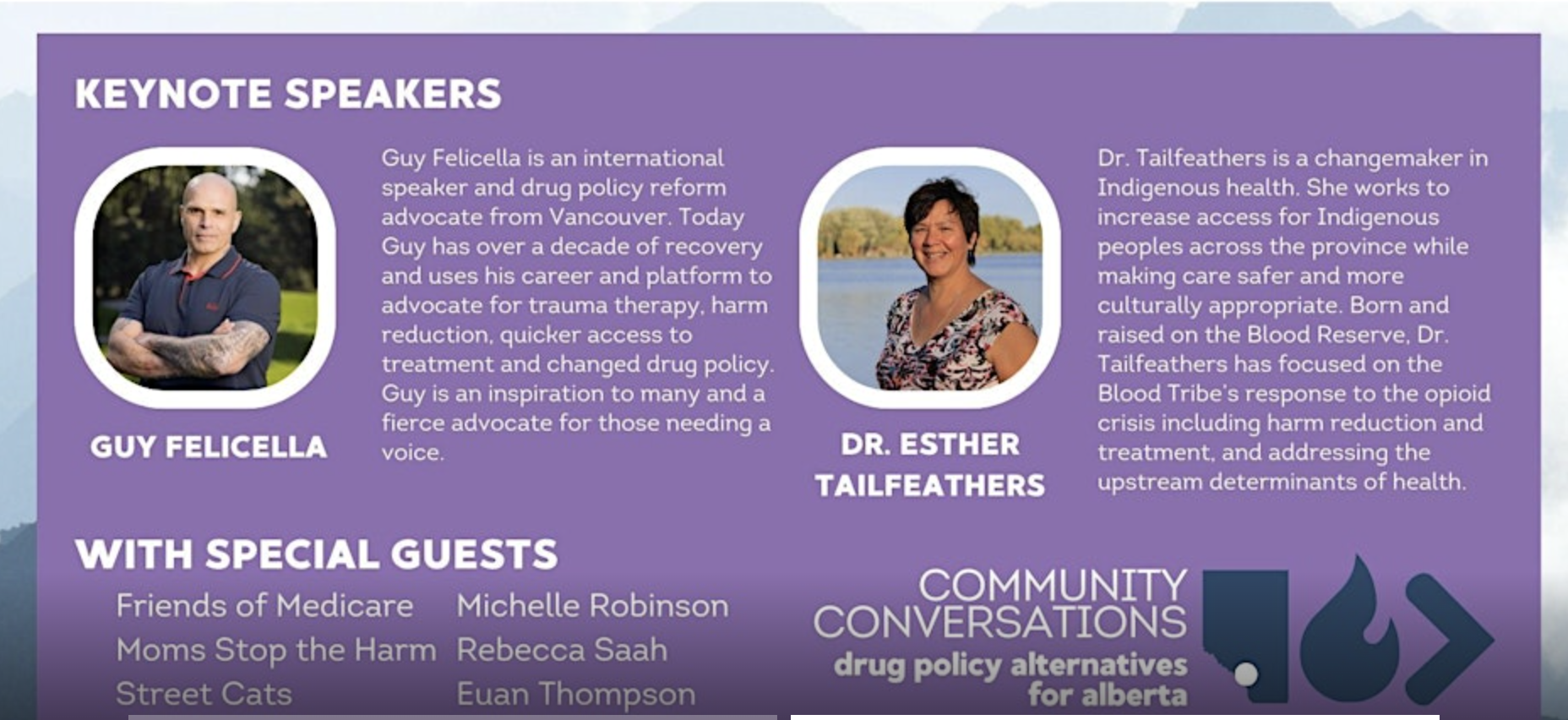
Speaking to Drug Data Decoded, Felicella said:
"It's unfortunate that they're not including [outside] ideas... You need different ideas at a conference, to have those disagreements and complications where we can just, sort of, sit down and talk about it and move forward... If it's just this same narrative, without outside voices involved, what is the purpose of the conference?"
Drug Data Decoded has highlighted many unsettling potential connections between far-right politics and the abstinence-only agenda promoted by Recovery Capital Conference. Among several examples is the repeated promotion by Last Door Recovery of the 2022 film "Vancouver is Dying," made by CPC North Vancouver Island candidate Aaron Gunn. The film features police and various abstinence-only advocates to demonize unhoused people who use drugs and justify increased carceral solutions to social disorder.
Recent behaviour by National Post columnist Adam Zivo was also flagged as unsettling and potentially violent, after he amplified the whereabouts of his top regulated opioid supply-prescribing target, Dr. Andrea Sereda. Linked posts even mentioned her daughter. Weeks later, Zivo has since deleted the posts, but it took repeated and increasingly desperate requests by Sereda, a survivor of domestic violence who closely guards her location.
It is reasonable to suggest that Recovery Capital Conference organizers were grasping for a believable narrative in their email justifying Felicella's ban from the conference:
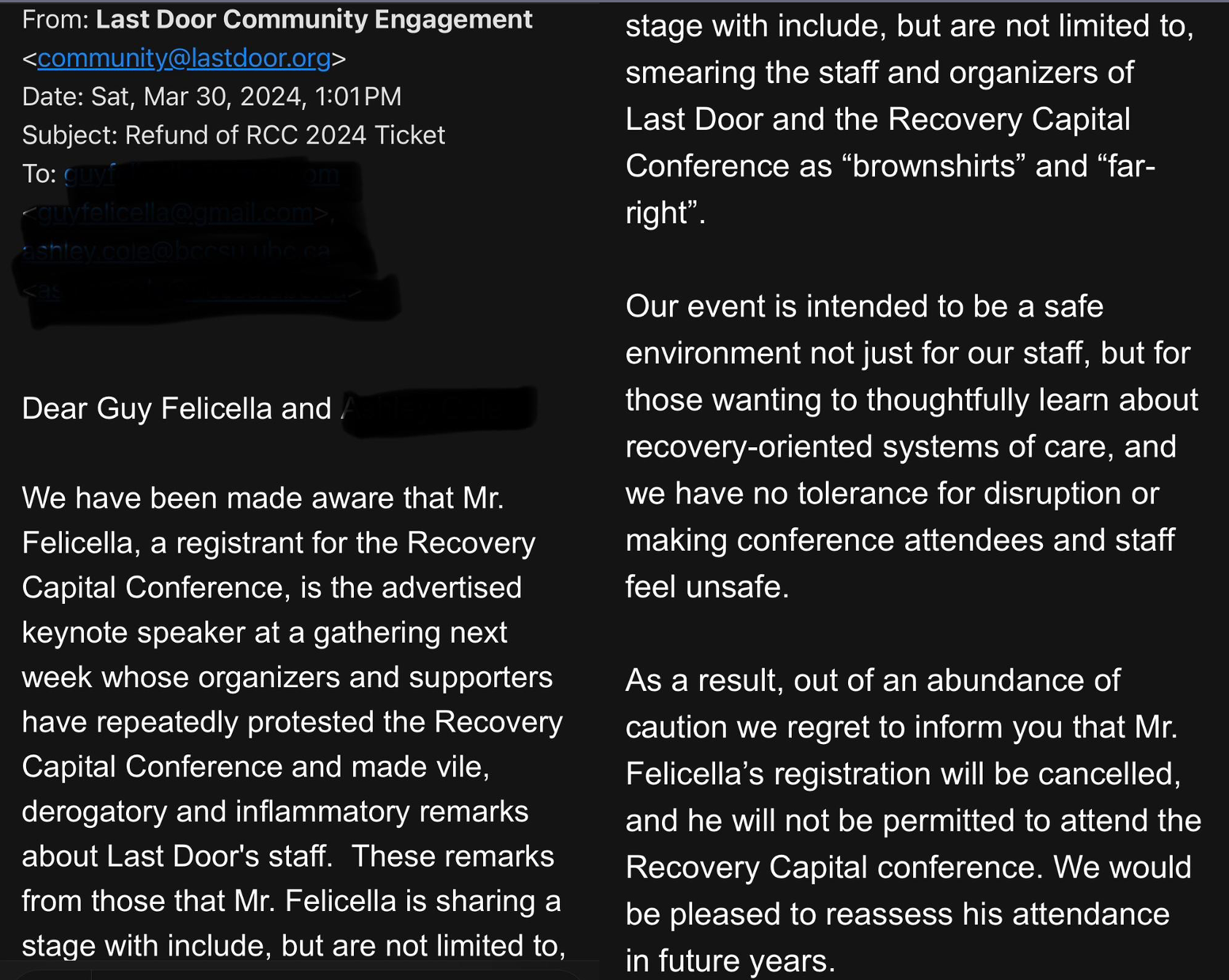
Recovery Capital Conference and UCP propaganda culture
What does it say about the motive for controlling the conversation on drug policy in Alberta, that a staunch supporter of all forms of recovery for people would be barred from the conference for rubbing shoulders for half a day with conference dissenters?
Unfortunately, the message that could well be coming from Recovery Capital Conference is that anything short of compliance with the abstinence mandate it shares with the Alberta government will be met with consequences. The Alberta government is a top event sponsor and has representatives on 20% of conference presentations.
As Calgary lawyer Sarah Rankin put it,
"We are dealing with an unprecedented death rate. If you are running a conference, claiming to be interested in solutions and discussions but will not BE IN A ROOM with people WHO KNOW PEOPLE who protest, your fragility has reached an unfathomable level."
Politics that centre abstinence to the exclusion of all other approaches are at their essence politics of law and order, broken windows and bootstraps. So it should come as no surprise to see alignment between people who see abstinence as the only acceptable outcome of drug use and an authoritarian-minded government like that led by Premier Danielle Smith.
Around this time last year, we held a protest outside of Recovery Capital Conference. We were clear about what we were protesting: the conference's narrow-mindedness and exclusionary politics.
Predictably, a Telegram channel sprung up to plan a counter-protest, led by well-known far-right operatives from the anti-trans/anti-drag movement that plagues Calgary to this day. While only a couple of them showed up (it was -30C that day), it was chilling to see the abstinence-only and anti-trans movements converge in plain sight.
Meanwhile, leading up to the conference, the folks at AAWEAR got a call from Recovery Capital Conference organizer Giuseppe Ganci, who is also a director at Last Door. AAWEAR is a longstanding drug user organization in Alberta, with its origins going back at least 16 years.
Ganci wanted them to remove me as a board member for using Drug Data Decoded to amplify the sexual assault allegations that had been made about longtime Last Door employee Adam Haber. After gaslighting AAWEAR about the allegations, they refused his demand and instead amplified concern about the allegations.
Ganci informed them they were no longer welcome at the conference.
What to expect at Recovery Capital Conference 2024
At the conference, in addition to plenty of hushed conversation about Guy Felicella being barred from the event, we can expect at least one significant policy announcement from the Alberta government.
In 2023, the Alberta Association of Chiefs of Police announced its report denouncing drug decriminalization, in lockstep with the Alberta government's parallel declaration. The report was written by Dr. Julian Somers, who was also commissioned to write the roundly panned 2022 safe supply report for the Alberta government. The decriminalization report was commissioned through the Community Safety Knowledge Alliance, for which Edmonton Police Chief Dale McFee serves as Board Chair and President.
Three contenders for announcements at the 2024 conference top the list:
- Recovery Training Institute of Alberta has been quietly hinted at in government policy documents but has yet to be announced formally. As discussed in Part 2, documents obtained by Drug Data Decoded strongly indicate that the $20-30 million granting process was done without public call for proposals and rushed, potentially suggesting the government had a service provider in mind before launching it. The recipient of the money is a ROSC Solutions Group, owned and led by Carson McPherson, a longtime affiliate of the premier's chief of staff Marshall Smith.
- Expansion of 'navigation centres' for unhoused people evicted from encampments. A centre was piloted in Edmonton starting in January, and I described it on The Breakdown as a likely move toward forced abstinence. The province has allocated $10 million in its capital budget for "Compassionate intervention intake centres." So far, the Edmonton pilot has only confirmed 5 people placed in supportive housing.
- Compassionate intervention legislation is almost certain to be passed in the next legislative session, as it was delayed in the previous session after drawing considerable heat in the run-up to the May election.
For Recovery Capital Conference, it is likely wise to exclude someone like Guy Felicella from the conference if they were seeking uniform applause and no difficult questions after its sponsoring government announces any of the above. In particular, we could expect Felicella, who spent decades unhoused, to recoil at the idea of pushing large numbers of unhoused people through 'treatment' by new legislation.
Drug Data Decoded provides analysis on topics concerning the war on drugs using news sources, publicly available data sets and freedom of information submissions, from which the author draws reasonable opinions. The author is not a journalist.
Have story tips or suggestions?
Send an email!
